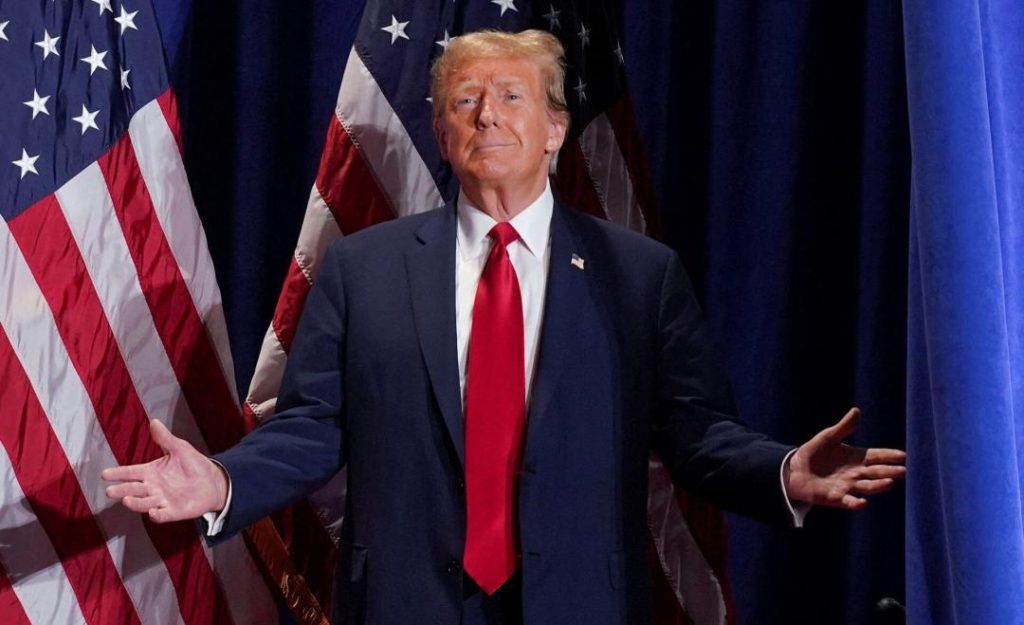
What is the Trade Loophole that Trump has Shut?
In a move aimed at reducing the trade deficit with China, US President Donald Trump has decided to shut down the “de minimis” exemption on import tariffs, a trade loophole that has been used to ship low-value packages duty-free from China. The “de minimis” exemption, a Latin term meaning “matters of little importance,” refers to the US waiver of standard customs procedures and tariffs on imported items worth under $800 shipped to individuals. This exemption has been a major benefit for several Chinese e-commerce companies, including Shein, Temu, and AliExpress, which have been taking advantage of this loophole to ship goods to the US without paying duties.
The de minimis exemption has been in place since 2006, and it has allowed individuals to receive small packages from abroad without having to pay duties or taxes. This exemption has been a popular choice for consumers who want to buy products from abroad, especially from China, without having to pay high duties and taxes. The exemption has also been a boon for Chinese e-commerce companies, which have been able to ship goods to the US without having to worry about the paperwork and bureaucracy associated with importing goods.
However, the de minimis exemption has not been without its critics. Many have argued that the exemption has been abused by Chinese companies, which have been using it to ship large quantities of goods to the US without paying duties. This has led to a significant trade deficit between the US and China, with the US importing more goods from China than it exports.
In recent years, the US has been trying to reduce its trade deficit with China, and the de minimis exemption has been seen as a major contributing factor to this deficit. The US Trade Representative (USTR) has been pushing for changes to the exemption, and it has been working with other countries to agree on a new set of rules that would limit the exemption.
In January 2025, the US announced that it would be ending the de minimis exemption, effective January 1, 2026. This means that all packages shipped to the US from China will have to pay duties and taxes, regardless of their value. The US Treasury Department has announced that it will be imposing a 25% tariff on all Chinese goods worth under $800, effective January 1, 2026.
The decision to end the de minimis exemption has been welcomed by some, who see it as a necessary step to reduce the US trade deficit with China. However, others have expressed concerns about the impact the decision will have on small businesses and consumers. Many Chinese e-commerce companies, including Shein, Temu, and AliExpress, which have been using the exemption to ship goods to the US, are likely to be affected by the change.
Shein, for example, is one of the largest online retailers in China, and it has been using the de minimis exemption to ship goods to the US. The company has been shipping millions of dollars worth of goods to the US each year, and it has been using the exemption to avoid paying duties and taxes. However, with the exemption ending, Shein will have to pay duties and taxes on all its shipments to the US, which could increase its costs and reduce its profits.
Temu, another Chinese e-commerce company, has also been using the de minimis exemption to ship goods to the US. The company has been shipping a wide range of products, including clothing, electronics, and home goods, and it has been using the exemption to avoid paying duties and taxes. However, with the exemption ending, Temu will have to pay duties and taxes on all its shipments to the US, which could increase its costs and reduce its profits.
AliExpress, a popular online marketplace for Chinese goods, has also been using the de minimis exemption to ship goods to the US. The company has been shipping millions of dollars worth of goods to the US each year, and it has been using the exemption to avoid paying duties and taxes. However, with the exemption ending, AliExpress will have to pay duties and taxes on all its shipments to the US, which could increase its costs and reduce its profits.
The decision to end the de minimis exemption has been made to reduce the US trade deficit with China, and it is expected to have a significant impact on the e-commerce industry. Many Chinese e-commerce companies, including Shein, Temu, and AliExpress, which have been using the exemption to ship goods to the US, will have to pay duties and taxes on all their shipments, which could increase their costs and reduce their profits.
In conclusion, the de minimis exemption has been a major benefit for Chinese e-commerce companies, including Shein, Temu, and AliExpress, which have been using it to ship goods to the US without paying duties and taxes. However, the US has decided to end the exemption, effective January 1, 2026, in an effort to reduce the US trade deficit with China. The decision is expected to have a significant impact on the e-commerce industry, and it remains to be seen how Chinese e-commerce companies will adapt to the change.
News Source:
https://www.reuters.com/world/de-minimis-trade-perk-trump-may-end-china-tensions-rise-2025-01-23/






